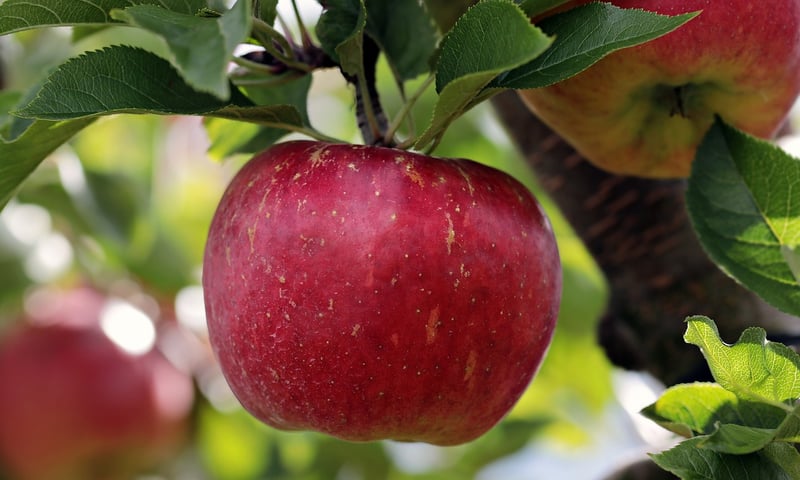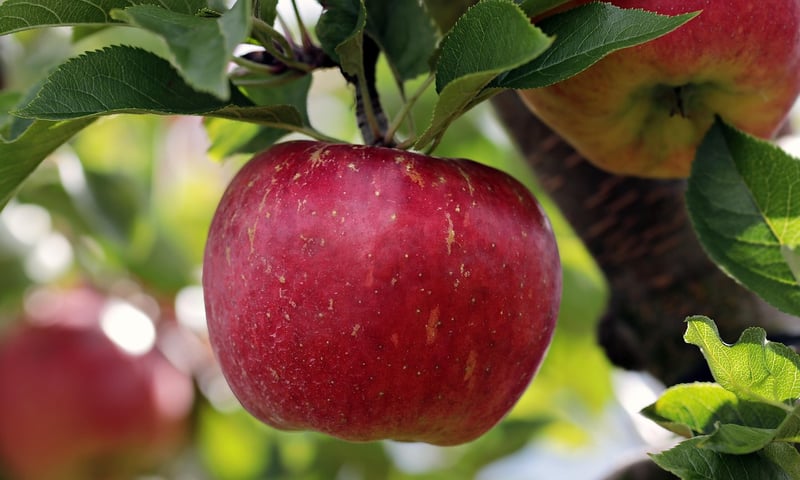Fruit Trees in City
The Benefits of Growing Fruit Trees in Urban Areas
Urban areas are often characterized by a lack of green spaces and limited access to fresh produce. However, with the rising popularity of urban farming and community gardens, more city dwellers are discovering the joys of growing their own food, including fruit trees. Planting fruit trees in urban environments not only adds beauty to the landscape but also offers a host of benefits to both the environment and the community.
1. Improved Air Quality
Urban areas are typically plagued by air pollution due to traffic congestion and industrial activities. Fruit trees help mitigate this issue by absorbing carbon dioxide and releasing oxygen during photosynthesis. They also trap airborne pollutants on their leaves, ultimately improving air quality in the city.
2. Access to Fresh, Nutrient-Rich Produce
By cultivating fruit trees in urban settings, residents can enjoy a fresh supply of fruits right at their doorstep. This not only promotes healthy eating habits but also provides access to nutrient-rich produce that may otherwise be expensive or difficult to find in urban grocery stores.
3. Community Building
Planting and caring for fruit trees can foster a sense of community among urban residents. Community orchards and fruit tree planting initiatives bring people together, encourage teamwork, and create shared spaces where neighbors can connect and bond over a common goal.
4. Environmental Sustainability
Urban agriculture, including fruit tree cultivation, contributes to environmental sustainability by reducing food miles and carbon emissions associated with transporting produce from rural areas to cities. Growing food locally also promotes biodiversity and reduces the reliance on industrial farming practices.
5. Beautification of Urban Spaces
Fruit trees not only provide edible fruits but also enhance the aesthetic appeal of urban landscapes. Their blossoms in spring and foliage in summer add color and vibrancy to city streets, parks, and community gardens, creating a more visually appealing environment for residents.
Conclusion
Integrating fruit trees into urban areas offers a multitude of benefits, ranging from improved air quality and access to fresh produce to community building and environmental sustainability. By embracing urban agriculture and supporting initiatives that promote fruit tree cultivation, cities can create healthier, more vibrant, and sustainable communities for all residents to enjoy.

Source: Pixabay
